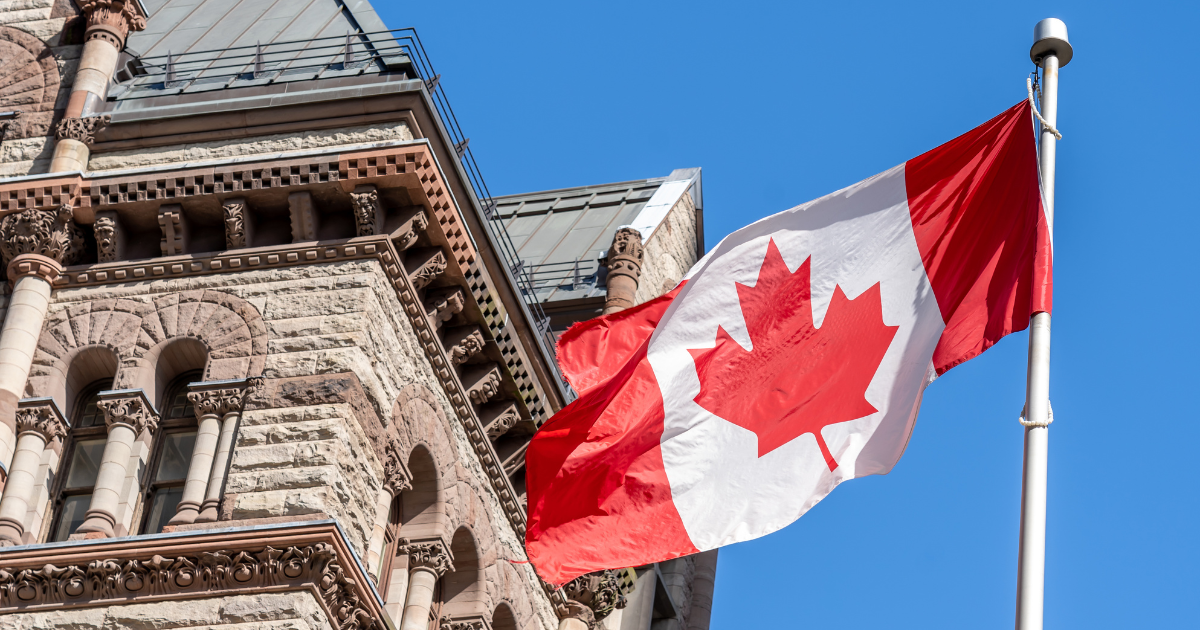The Two Tiers of Healthcare in Australia
Many newcomers to Australia are surprised to learn that the nation operates a dual-tiered healthcare system. This system consists of a public option and a private one, working in tandem. Most Australian citizens and permanent residents rely on the public system. It is known as Medicare. This provides access to essential medical services at little to no cost.
However, a significant portion of the population also chooses to take out private health insurance. This private cover offers more extensive choices. These include the ability to select your own doctor in a private hospital. It can also cover services not included in Medicare. This might be dental, optical, or physiotherapy treatments. Understanding this two-pronged approach is the first step to navigating healthcare in Australia.

Not Everyone Gets Free Healthcare in Australia
A common misconception is that healthcare in Australia is free for everyone. The reality is more nuanced. Access to Medicare is primarily for Australian citizens and permanent residents. New Zealand citizens residing in Australia also have access. However, many temporary visa holders are not immediately eligible.
For many immigrants, securing private health insurance is a mandatory visa condition. This ensures they can cover their medical expenses while in the country. The government has specific requirements for the level of health cover needed. This often depends on the type of visa you hold. It is crucial to research these requirements before arriving. This will help you avoid any unexpected healthcare costs.
Reciprocal Agreements Offer a Healthcare Safety Net
Here is a fact that many people are unaware of. Australia has Reciprocal Health Care Agreements (RHCAs) with 11 countries. These countries include the United Kingdom, New Zealand, and several European nations. If you are a citizen of one of these countries, you may have some coverage. This allows for medically necessary treatment under Medicare while visiting Australia.
It is important to understand the limitations of these agreements. They do not provide the same level of coverage as a full Medicare plan. Often, they only cover urgent care in a public hospital. They are not a substitute for comprehensive travel or private health insurance. Always check the specifics of the RHCA between your home country and Australia.
What Medicare in Australia Does Not Cover
While Medicare provides excellent coverage for many essential services, it does not cover everything. This is a crucial piece of information for anyone relying on the public system. Many routine and ancillary services are excluded from Medicare coverage. This can come as a surprise to those new to the system.
Ambulance services, for instance, are generally not covered by Medicare. Each state and territory has its own ambulance service with different fee structures. Additionally, most dental examinations and treatments are not included. The same applies to optical services, such as glasses and contact lenses. Physiotherapy, podiatry, and other allied health services are also typically not covered. This is where private health insurance becomes particularly valuable.
The Mental Health Care Plan Advantage
Australia places a significant emphasis on mental well-being. A key feature of healthcare in Australia is the Mental Health Care Plan. This plan is available to those with a Medicare card. It provides subsidized access to a range of mental health services. A general practitioner (GP) can create this plan for you.
Under this plan, you can receive a referral to see a psychologist or other mental health professional. Medicare will then provide a rebate for a specified number of sessions per calendar year. This initiative makes mental health support more accessible and affordable. It is a vital component of the holistic approach to healthcare in Australia. For those without Medicare, some community health centers and non-profit organizations offer free or low-cost mental health support.
The Pharmaceutical Benefits Scheme Makes Medicine Affordable
Another cornerstone of healthcare in Australia is the Pharmaceutical Benefits Scheme (PBS). This government program subsidizes the cost of a wide range of prescription medications. The aim is to ensure that all Australians have access to necessary medicines. Without the PBS, many essential drugs would be prohibitively expensive.
When a doctor prescribes a medication listed on the PBS, you pay a significantly reduced price. The Australian government covers the remaining cost. There is also a PBS Safety Net. This provides further financial relief for individuals and families who require a large number of prescriptions. The PBS is a critical element in maintaining the affordability of healthcare in Australia.
Telehealth is Transforming Healthcare in Australia
The delivery of healthcare in Australia has been rapidly evolving. One of the most significant recent changes has been the widespread adoption of telehealth. This allows patients to consult with doctors and other healthcare professionals remotely. This can be done via video call or phone. Telehealth has been particularly beneficial for those in rural and remote areas.
It has also proven invaluable for people with mobility issues or busy schedules. Many GP consultations, specialist follow-ups, and mental health sessions can now be conducted from the comfort of your home. Medicare has expanded its coverage to include many telehealth services. This makes it a convenient and accessible option for a growing number of Australians. This shift towards digital health is a key indicator of the future of healthcare in Australia.
Follow us on social media and website for more insights!









